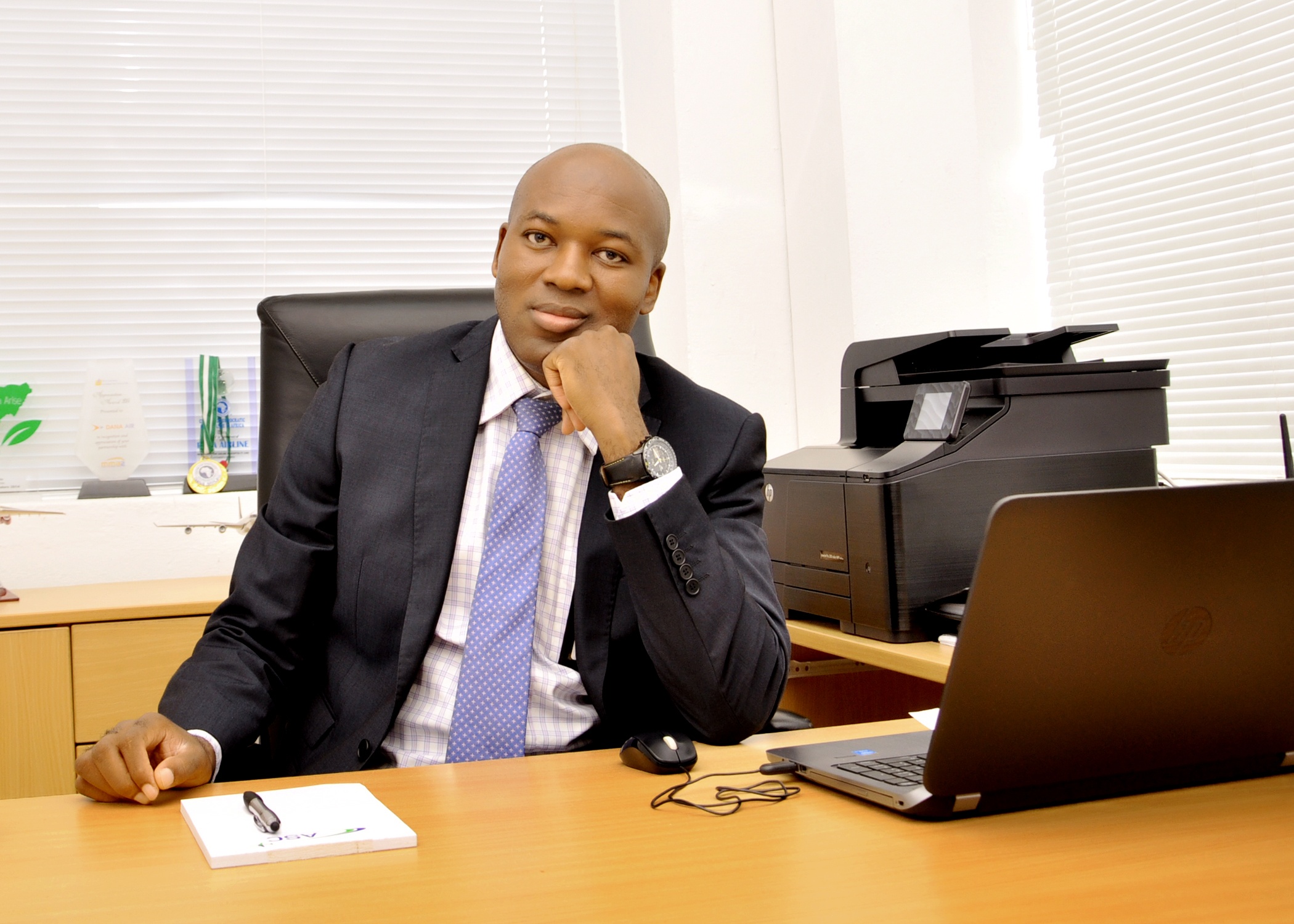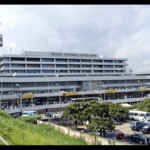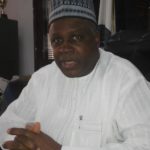
Domestic airlines have complained so much about their operations. They always accuse government of lack of support, the high cost of insurance premium, the fluctuating prices of aviation fuel and inadequate infrastructure, including having airport runways without airfield lighting, lack of adequate boarding gates at major airports and high airport charges and taxes.
But despite these complaints, Nigerian airlines have continued to operate, airlifting thousands of passengers every month to different domestic destinations. The Nigerian Civil Aviation Authority (NCAA) last week announced that more airlines are in the process of obtaining Air Operator Certificate (AOC), while others have obtained and may start operation soon.
Possibly, it may be because there are always airlines willing to join the market that make concerned authorities not to bother much about these complaints of domestic carriers.
One airline operator told THISDAY that to succeed in the airline domestic market, an airline ought not to have more than six aircraft because when the fleet increases above that number flight delays become inevitable due to fuelling, lack of enough boarding gates and constraints occasioned by lack of airfield lights at many of Nigerian airports.
“If you have about eight aircraft and above you will face the first challenge, which is scheduling. Because you have one boarding gate at most of the airport terminals, if you schedule boarding to different destinations at 30 minutes intervals you will still not be able to process your first flight by the time the second should be taking off. This is because you are processing all the passengers through one boarding gate.
“And with that number of aircraft, you cannot create longer intervals between flights; otherwise, the equipment will be underutilised. This is because you have just 6:00 pm window to some airports due to the fact that you cannot fly there in the night, so what you have is 6:00 am to 6: 00 pm window of operation. So, at most, one aircraft can get just eight hours of flight per day, which is grossly inadequate in terms of aircraft utilisation,” the operator told THISDAY.
He noted that with more aircraft the airline faces fuelling delay because there are no fuel hydrants that are active (the one at the Lagos airport had since gone into disuse), so airlines depend of fuel bowsers, which criss-cross the airport apron to refuel aircraft. Sometimes an airline with fully boarded passengers would be waiting for bowser to come and feed the airplane. In Lagos, the bowser faces traffic gridlock bringing the product from Apapa, which subsequently delays flight takes off.
The Chief Operating Office of Dana Air, Obi Mbanuzuo, recently noted that all the domestic airlines face these myriads of problems and have struggled to wade through them.
He said Dana has been in the market for quite a number of years and would be 10 years in November.
“We have had ups and downs and the industry has gone through a lot of changes both for good and for bad. It is no secret that a lot of airline operators, even as a body, complain because we don’t think that we are yet at where we want. Airline operation is a business. People invest in it and it drives the economy.
“One thing I think the government has failed to understand is that the industry is a big driver of the economy. It is widely said that aviation contributes 0.4 per cent to the Gross Domestic Product of the country but we believe based on conviction that it is up to four or five per cent,” Mbanuzuo said.
According to him, the industry has problem of policy. A lot of successive governments change policies “though in the last two or three years we have had a Minister who is an aviator and understands the industry. Previously, people have come with ideas that may work in production but not in this industry.”
“So, in all over the past 10 years, Dana Air has had its fair share of the challenges in the industry. We are in a country like Nigeria where we don’t produce the smallest bolt in an airplane. So airline operators pay huge import duties to import everything required,” he said.
The Dana COO however conceded that recently, with the help of the current Minister of State, Aviation, Senator HadiSirika, the airlines are getting some help with the removal of import duties on spare parts which has helped a lot, noting that the policy was in the right direction; although paying for everything in foreign currency still affects the airlines adversely.
“Aircraft are flown and maintained on a schedule and when the time comes, they must be maintained and we still don’t have maintenance facilities. Because of the investment Dana Air made since 2008, and issues post-2012, we do most of our maintenance here but when it comes to heavy maintenance, we fly our aircraft overseas,” he added.
It is hoped that government and the airlines will meet and agree on solutions to these numerous problems.






